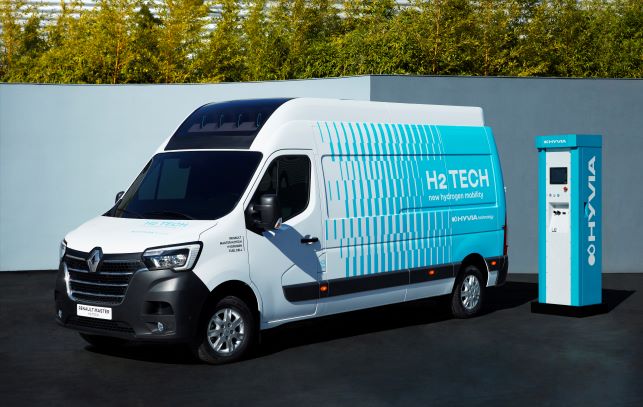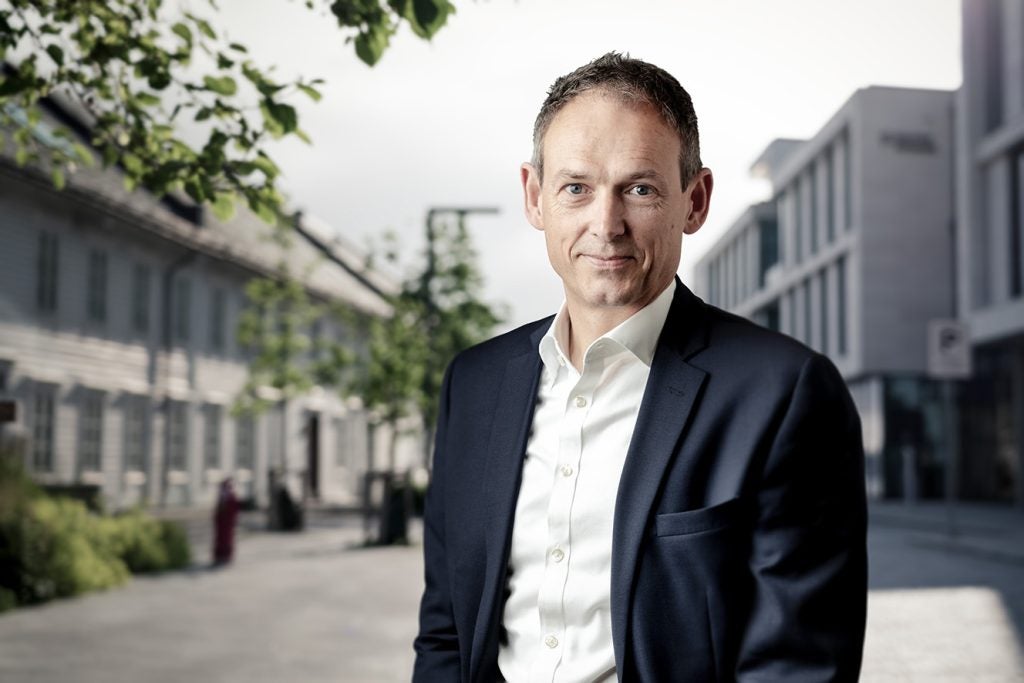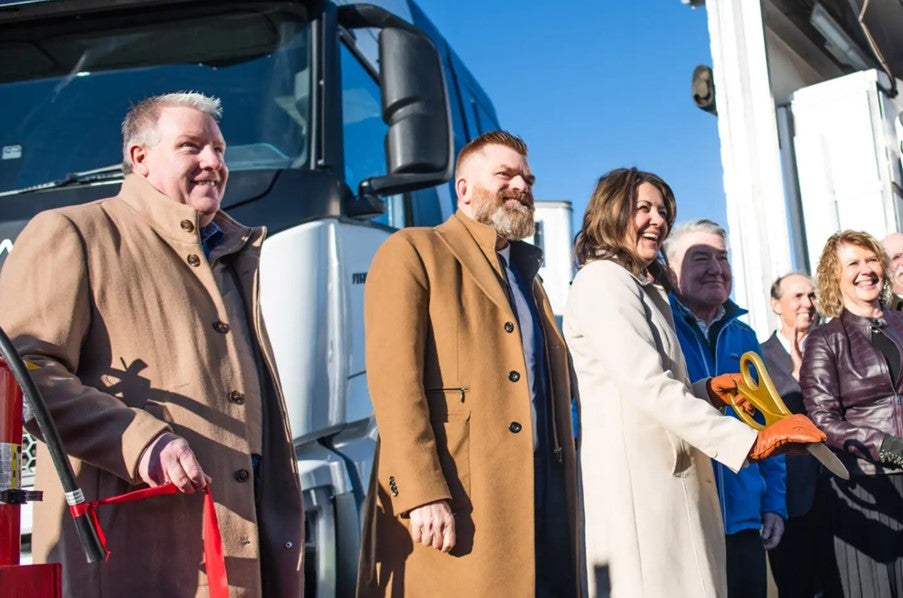
The Hyvia JV with Plug Power unveiled a Master Van H2-TECH prototype with zero CO2 emissions, increased range, and fast refuelling time.
It’s a large van for transporting goods, with 12 cubic metres of cargo volume and a range of up to 500km (300 miles), available in 2022.
The 30kW fuel cell that will be assembled in France by the end the year. The vehicle, e-motor and hydrogen integration are also made in France.
Hyvia also unveiled its hydrogen refuelling station prototype to offer customer convenient refueling options where public hydrogen infrastructure is still in development.
Assembly in France will begin by the end of the year.
“These prototypes are a first illustration of the unique and complete Hyvia ecosystem including green hydrogen production and distribution, with a range of fuel cell-powered light commercial vehicles,” Renault said.
How well do you really know your competitors?
Access the most comprehensive Company Profiles on the market, powered by GlobalData. Save hours of research. Gain competitive edge.

Thank you!
Your download email will arrive shortly
Not ready to buy yet? Download a free sample
We are confident about the unique quality of our Company Profiles. However, we want you to make the most beneficial decision for your business, so we offer a free sample that you can download by submitting the below form
By GlobalDataThe Master has a 30kW fuel cell, a 33kWh battery and tanks containing 6kg of hydrogen (4 tanks of 1.5 kg).
It is produced in France, at the Batilly plant with electric and hydrogen integration is by PVI, a Renault Group subsidiary in Gretz-Armainvilliers. The e-motor is produced at Cleon and fuel cell assembly will begin at Flins by the end of the year. The hydrogen tanks will be sourced in France, from Faurecia.
Hydrogen supplied to the refuelling stations will either be generated on site using water electrolysis or supplied in bulk using gaseous tube trailers. The system compresses H2 into storage, before dispensing it into the vehicle when needed.
The stations will be available to purchase, lease or rent. They will be assembled in France, at Flins.





